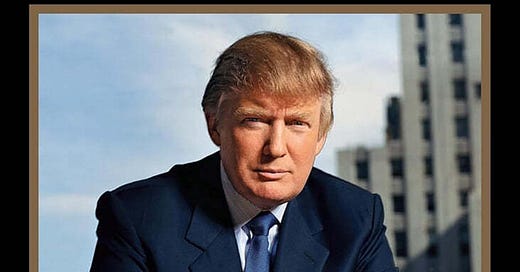Iconic, statistic and same page
This is the 11th instalment of Words of the Week, my dictionary of poor language
Same page
Everyone is always on the same page. This is usually taken to mean that we all agree. But it doesn’t mean that at all. Let’s all turn to the same page of Donald Trump’s The Art of the Deal. As soon as we start reading, we will agree as long as we stay on the same page, right? No, wrong, we are likely to disagree passionately. And we don’t sound very critical or intelligent if all we do is turn to the same page as everyone else and blithely agree on its contents. It doesn’t sound like much of a book if we all find the same page and then never read on. Why does nobody ever turn over the page and begin a new chapter?
Statistic
Do not use as a grander word for number. Be careful too that your desire for statistical proof doesn’t make your argument too dense. “If you torture the data long enough”, said the economist Ronald Coase, “it will confess”. The temptation to pile number upon number must be resisted. The best argument revolves around the best and most telling number, strategically placed to make the case. A representative story which serves as a parable is more convincing than a didactic assertion.
Iconic
This is a 21st century favourite on which time needs to be called. Since 2001 the usage of iconic has increased more than fourfold. Among the many possible examples, what about Zhao Ming, former CEO of the Chinese smartphone brand Honor who aims, he says, to build “A global iconic technology brand”. Ed Nielsen, the former CEO of Whataburger announced his appointment with the thought that “it is my honour to be named CEO of this iconic brand”. John Chen, who was brought in as CEO of Blackberry in 2013 to turn the company around referred to it superlatively as “a very iconic company”. With most business usages of iconic the speaker really just means “famous”.
The original idea, pertaining to an image, a figure or a representation has long since fled. But though there is no need to confine the use of the word iconic to the history of art, most usages do not meet the modern metaphorical test either. Iconic in its recent sense refers to an event or a person or a brand which is in some way representative of a cultural movement or moment. It is not just well known; it is a representative of a notable kind. That might conceivably be allowed of Blackberry but it’s really stretching the case to apply iconic to Honor and even more so to Whataburger.




